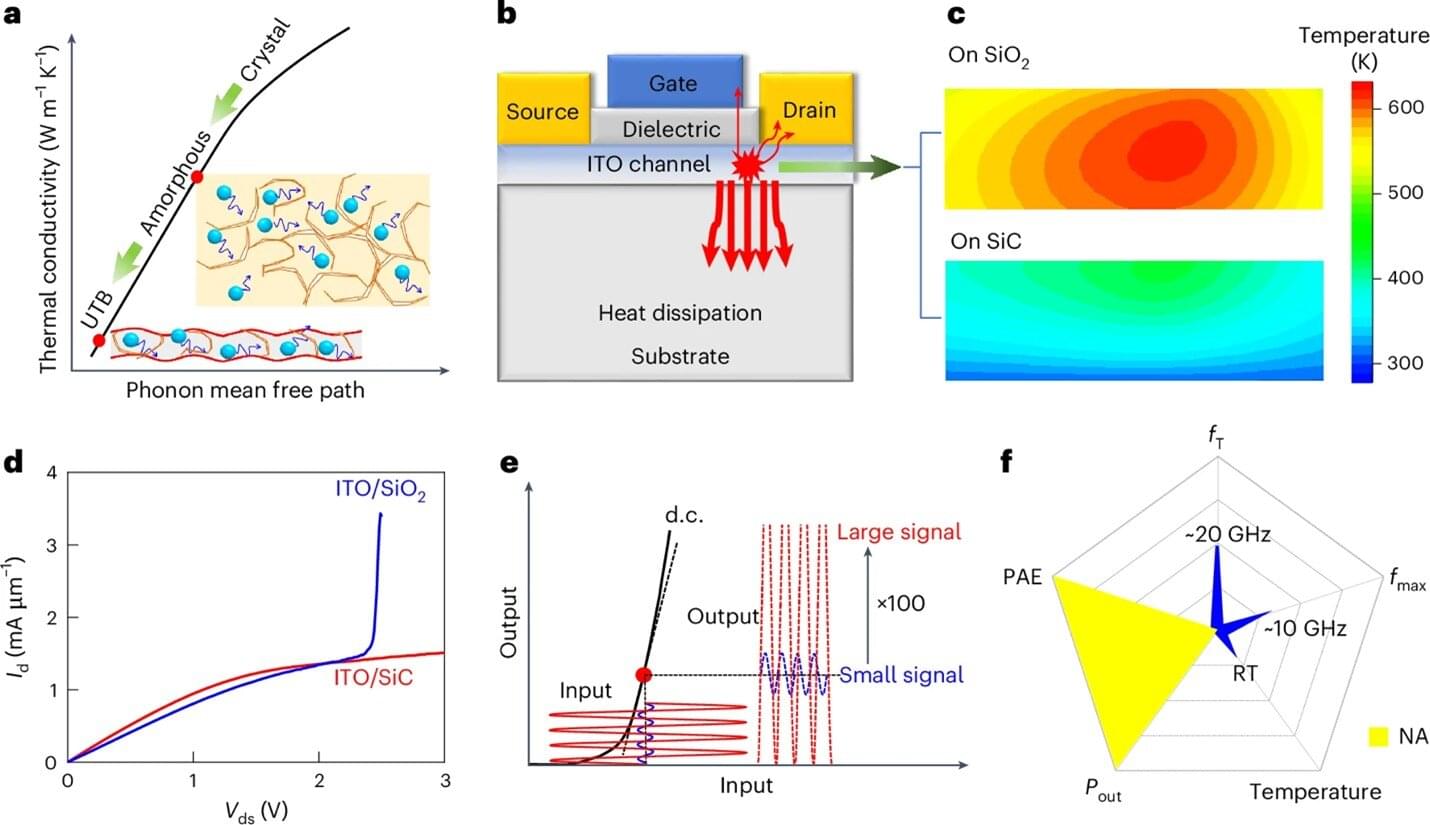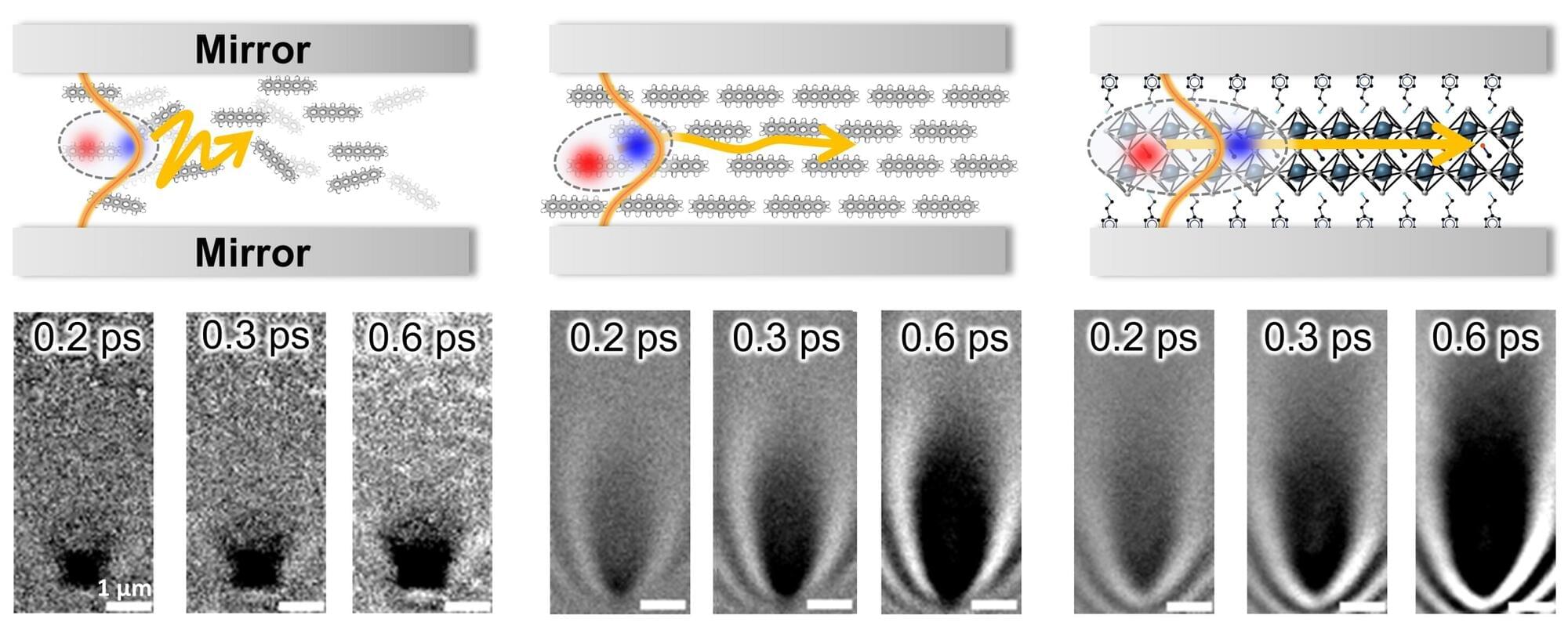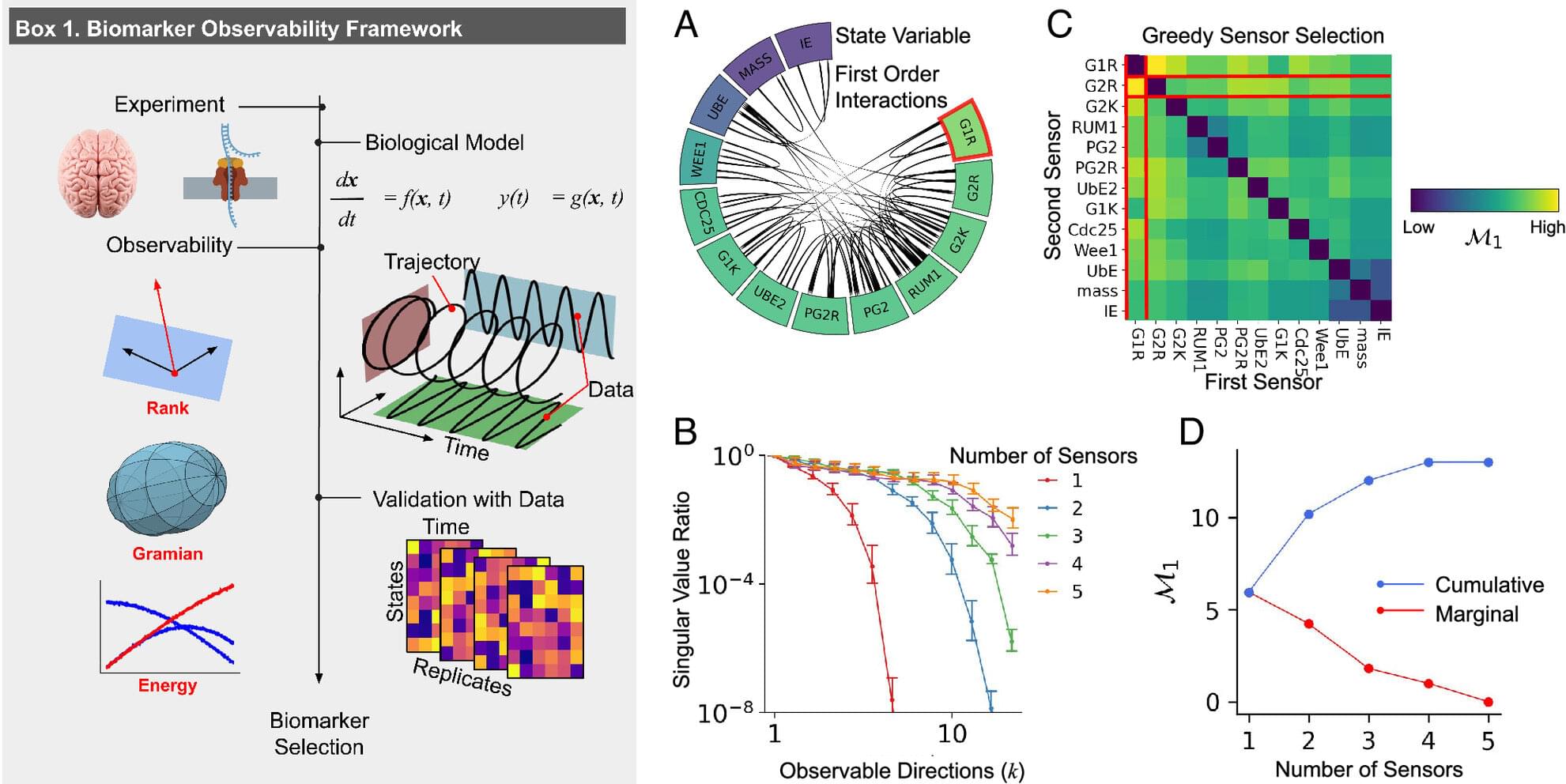Quantum mechanics describes the weird behavior of microscopic particles. Using quantum systems to perform computation promises to allow researchers to solve problems in areas from chemistry to cryptography that have so many possible solutions that they are beyond the capabilities of even the most powerful nonquantum computers possible.
Quantum computing depends on researchers developing practical quantum technologies. Superconducting electrical circuits are a promising technology, but not so long ago it was unclear whether they even showed quantum behavior. The 2025 Nobel Prize in physics was awarded to three scientists for their work demonstrating that quantum effects persist even in large electrical circuits, which has enabled the development of practical quantum technologies.
I’m a physicist who studies superconducting circuits for quantum computing and other uses. The work in my field stems from the groundbreaking research the Nobel laureates conducted.









